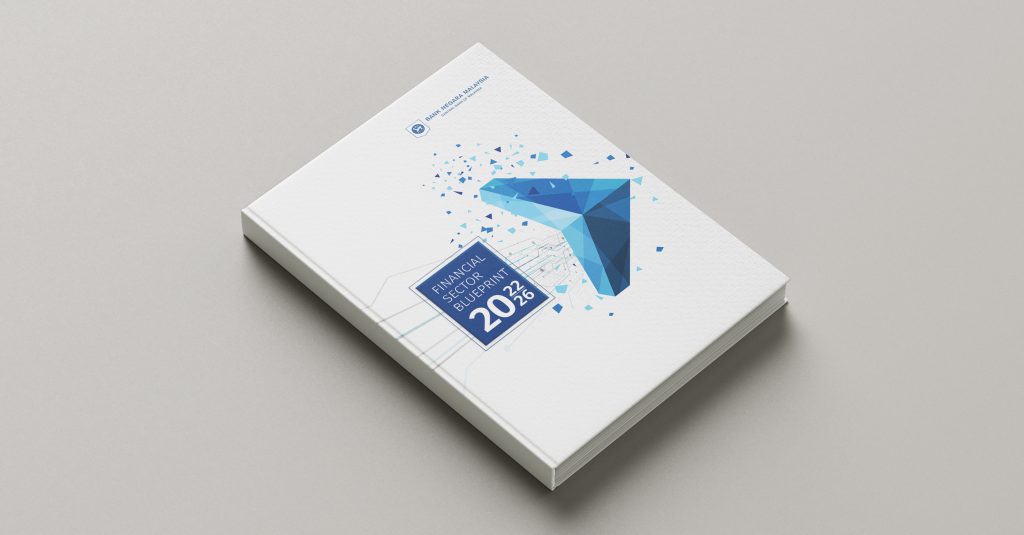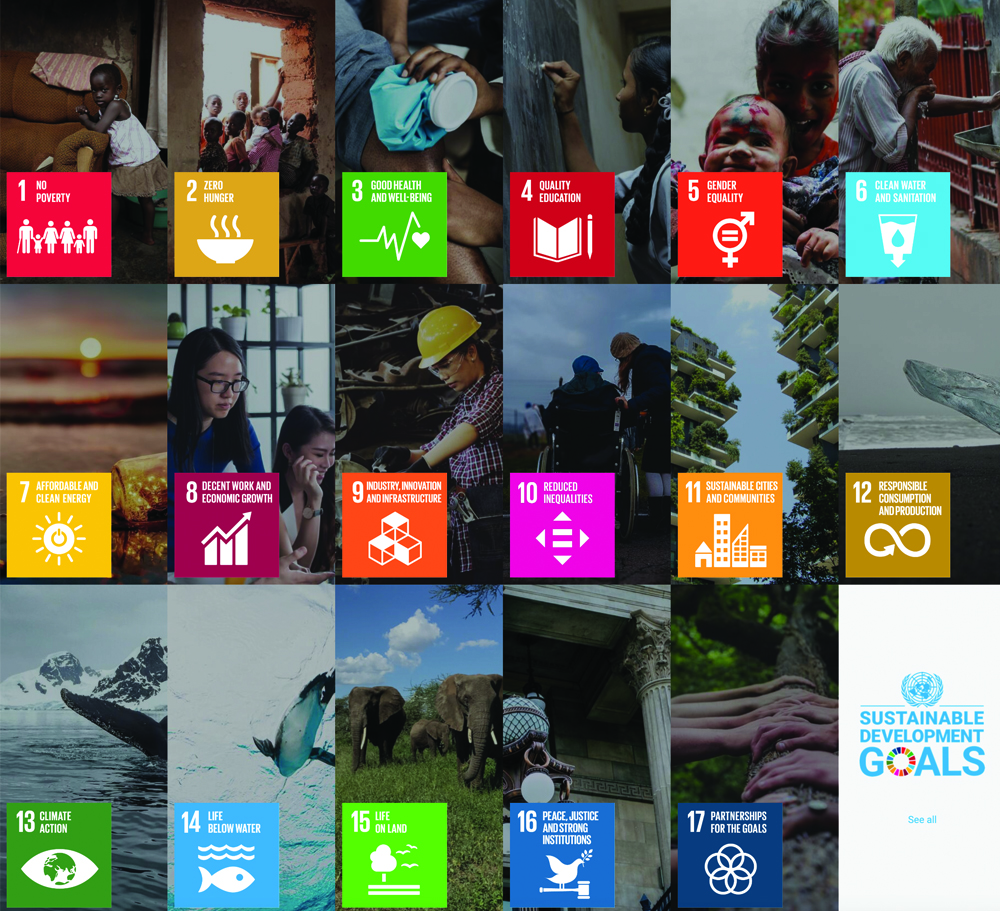In its quest to strengthen and diversify economic growth, Malaysia needs to build capacity and competency in the areas in which it leads.
One key area is Islamic Finance. The Global Islamic Economy Indicator for 2021 ranked Malaysia as the global leader in Islamic finance, where Malaysia ranked first among 81 countries for the ninth consecutive year. Malaysia ranked first out of 135 countries in the Islamic Finance Development Indicator 2021 for the second year in a row, as reported by financial markets data provider Refinitiv.
Following the challenges of the pandemic, Islamic finance is expected to continue to thrive. Islamic finance rebounded strongly in the first half of 2021 with Islamic finance assets valued at US$3.6 trillion in 2021 and expected to reach US$4.9 trillion in 2025.
According to Moody’s, the global rating agency, projected economic recovery in key Islamic finance markets – which includes Malaysia – would continue to boost credit growth and demand for Shariah-compliant products. Islamic banks’ asset growth is also expected to continue to outperform their conventional peers.
Budget 2023 – Islamic Finance Initiatives
Banking on these sunny prospects, Budget 2023 emphasised measures to strengthen the global leadership of Malaysia in Islamic Finance. Budget 2023 especially prioritised the role of Islamic finance to drive inclusivity and achieve wealth distribution for a more sustainable economy and society.
Notably, Budget 2023 emphasised the need to increase equity-based Islamic Financing with risk sharing concept for social well-being. For its part, MIA has:
- collaborated with relevant stakeholders to create and promote awareness on Islamic social financing through webinars and articles at ASEAN (with the ASEAN Federation of Accountants) and international level (with the International Federation of Accountants).
- organised a focus group discussion with Islamic Finance regulators and industry players to identify opportunities and challenges in implementing Islamic social finance in Malaysia, and
- through the Islamic Finance Pupillage Programme, continuously nurtured Islamic Finance talent by upscaling knowledge within the accountancy profession to support developments in the Islamic Finance industry.
MIA Islamic Finance Pupillage Programme
Recently, MIA organised the MIA Islamic Finance Pupillage Programme 2021/2022 Certification Ceremony at a physical event to celebrate the achievements of the 2021/2022 graduating cohort.
“The IF Pupillage programme is an integral part of MIA’s advocacy for building capacity and competency in Islamic finance. This advocacy connects to our nation building purpose, where we strive to catalyse key relevant sectors for sustainable economic and social development,” said Mohamad Faisal Abdul Malik, Vice President, Malaysian Institute of Accountants in his opening remarks.
MIA prioritises Islamic finance talent development as the industry continues to thrive as an iconic sector of the Malaysian economy, one that requires accountancy and financial expertise provided by a talent pool of high-calibre accountancy professionals, added Faisal.
Islamic Finance as a Lever for Sustainability
MIA advocates strongly for Islamic finance as a means to accelerate Malaysia’s journey towards sustainability.
According to Mohd Muazzam Mohamed, Chairman, MIA Islamic Finance Committee, in his opening address at the same Certification Ceremony, Islamic social financing is a critical mechanism to promote social trust, cooperation, and solidarity, which supports the social component of the environmental, social and governance (ESG) agenda.
These can be achieved through shariah-compliant platforms such as Value-based Intermediation (VBI), Fintech and Sustainable Finance.
Value-based intermediation (VBI)

- Guided by the Financial Sector Blueprint 2022-2026, the Islamic finance sector contributed significantly to the country’s socio-economic recovery during the COVID-19 pandemic by distributing social finance to the vulnerable segment, particularly the B40s and the micro, small and medium enterprises (MSMEs).
- A total of RM146.6 billion in financing, investments and deposits were intermediated by Islamic banks in VBI-related or VBI-aligned initiatives between 2020 and 2021.
- Value-based finance is still in its early stages, with the majority of the VBI Community of Practitioners members at the ‘Emerging’ phase of implementation since the launch of the VBI initiative in 2017.
- There is room to further diversify value-based capital, which include funding of new ventures and other VBI-aligned outcomes.
- Only 4.2 per cent of investment accounts intermediated by Islamic banks being suitable to finance transformation, such as in supplying growth capital to industries of the future or new business models.
- Benevolent contracts, risk-sharing contracts and other asset-based contracts can offer a broader spectrum of funding, investment and protection solutions that support social and economic transformation.
- To take VBI to the next level, there is a need for a whole-of-ecosystem alignment to Islamic finance values and commitment from all players in the ecosystem.
Fintech

- Currently, the Islamic fintech segment is more mature in Malaysia compared to other countries, with facilitation from Bank Negara Malaysia (BNM) and Government agencies such as the Malaysia Digital Economy Corporation (MDEC), availability of resources, and Malaysia’s global perception as an export base for Islamic financial services and talent.
- Fintech will continue to grow in the coming years through the development of policies, technology, and talents to support the ecosystem.
- Prospects for Islamic fintech in Malaysia are bright as 33 per cent of the world’s fintech companies are headquartered here.
- The issuance of digital banking licenses, including syariah-compliant licenses, will accelerate the deployment of new technologies to serve the unbanked and underserved communities, and spur Islamic fintech to improve.
- Islamic financial institutions are encouraged to step up the adoption of emerging technologies such as artificial intelligence and big data to tap into new opportunities in under-served markets.
- While the deployment of financial technology in Islamic financial services creates enormous opportunities, there is an urgent need to address weaknesses in regulatory oversight, cybersecurity, Shariah governance, and talent availability.
Sustainable Finance to support sustainable development goals

- Islamic finance can have a significant impact in climate and sustainable finance by supporting the UN Sustainable Development Goal (SDG) commitments.
- Islamic finance can be utilised to bridge the large financing gap to achieve the SDGs in developing nations, which are estimated to require between $2.5 trillion to $3 trillion annually. The Organisation of Islamic Corporation (OIC) countries alone need about $1 trillion annually to implement the SDGs. – The global Islamic finance industry, with total assets of US$3.06 trillion as of 2021, has the potential to contribute significantly towards the existing funding gap.
- In Malaysia, green and SRI sukuk issuances have served as a bridge between Islamic finance and sustainable investment.
- Malaysia has successfully implemented environmental, social and governance (ESG)-themed funds and multiple green sukuk (Islamic bond) issuances, under the ASEAN Green Bonds and Green Sukuk standards.
- As of December 2022, a cumulative RM8.3 billion of green and SRI sukuk has been issued since the instrument’s launch in 2014.
- The Securities Commission’s Sustainable and Responsible Investment linked (SRI-linked) Sukuk Framework facilitates businesses in financing their transition towards achieving their sustainability targets.
- Bursa Malaysia’s upcoming Shariah-compliant Voluntary Carbon Market (VCM) exchange will enable Malaysian companies to purchase voluntary carbon credits to offset their carbon emission footprint.
- Voluntary carbon markets play an important role to support financing for projects and solutions that reduce, remove or avoid greenhouse gas emissions.






